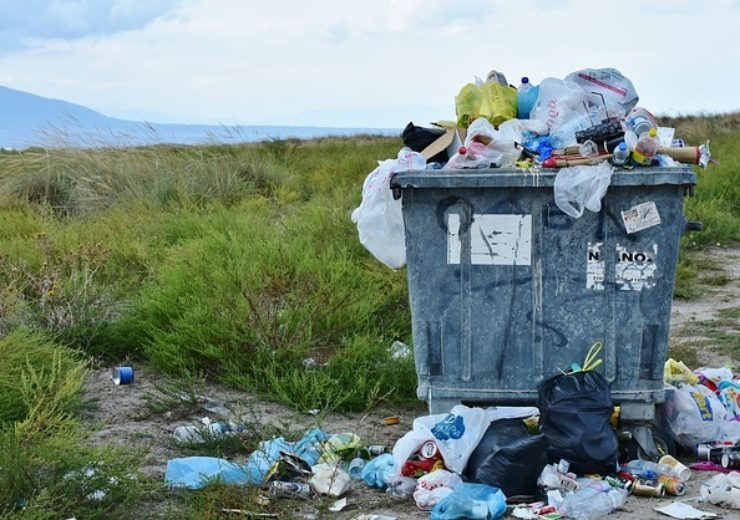The project aims to create a plastic recycling process, producing new virgin polymers suitable for all applications

Versalis launches Hoop project to chemically recycle plastic waste. (Credit: RitaE from Pixabay)
Versalis, the chemical subsidiary of Italy-based Eni Group, has launched Hoop, a project to develop a new technology to chemically recycle plastic waste.
The chemical company has signed a joint development agreement with Servizi di Ricerche e Sviluppo, an Italian engineering firm that owns a pyrolysis technology.
Eni said that the pyrolysis technology will be further developed to transform mixed plastic waste, which cannot be mechanically recycled, into raw material to produce new virgin polymers.
Versalis CEO Daniele Ferrari said: “This project confirms Versalis’ strategy to develop a chemical recycling technology that complements mechanical recycling technology, which the company is already engaged in, with the goal to give new life to plastic waste.
“The Hoop project aims to create a theoretically endless plastic recycling process, producing new virgin polymers suitable for all applications and that are identical to polymers that come from fossil raw materials.”
Versalis plans to build new facility at the Mantova site
Using its technological and industrial expertise, Versalis will build a 6,000 tonnes annual capacity facility at the Mantova site. The company is aiming to progressively scale-up Hoop project starting from its sites in Italy.
Versalis produces plastics, rubbers and chemicals from renewable sources for its customers.
Both companies will develop a range of products that can contain about 70% of post-consumer plastic to meet the demands of the packaging and agricultural sectors.
The new developments were created in partnership with Montello laboratories and the Versalis Research Centre in Mantua through an innovative process.
Industrial tests were carried out by the undisclosed client companies, which resulted in positive feedback.
The agreement was also provided for the development of new processes to create highly sustainable products to meet the performance demands required by the market.
